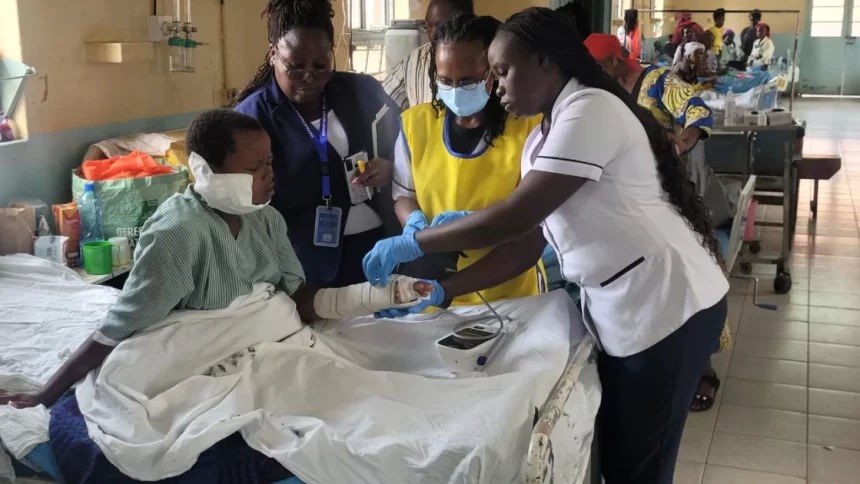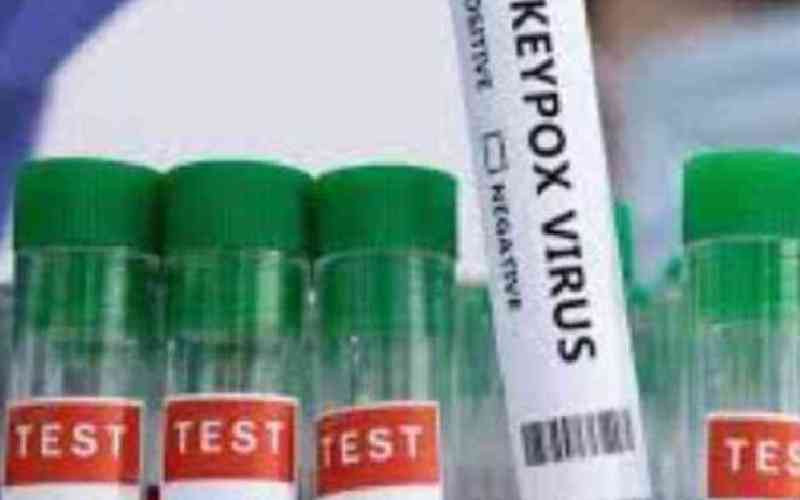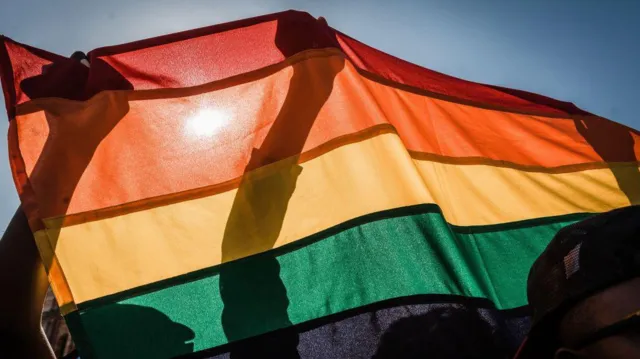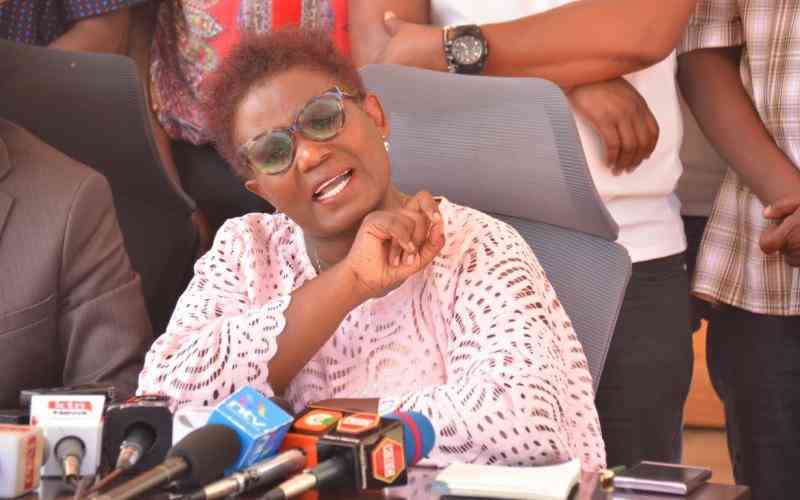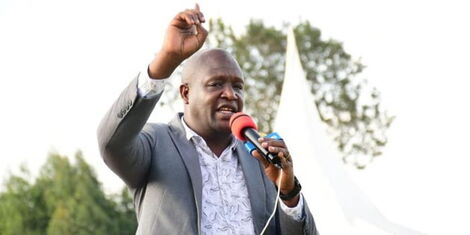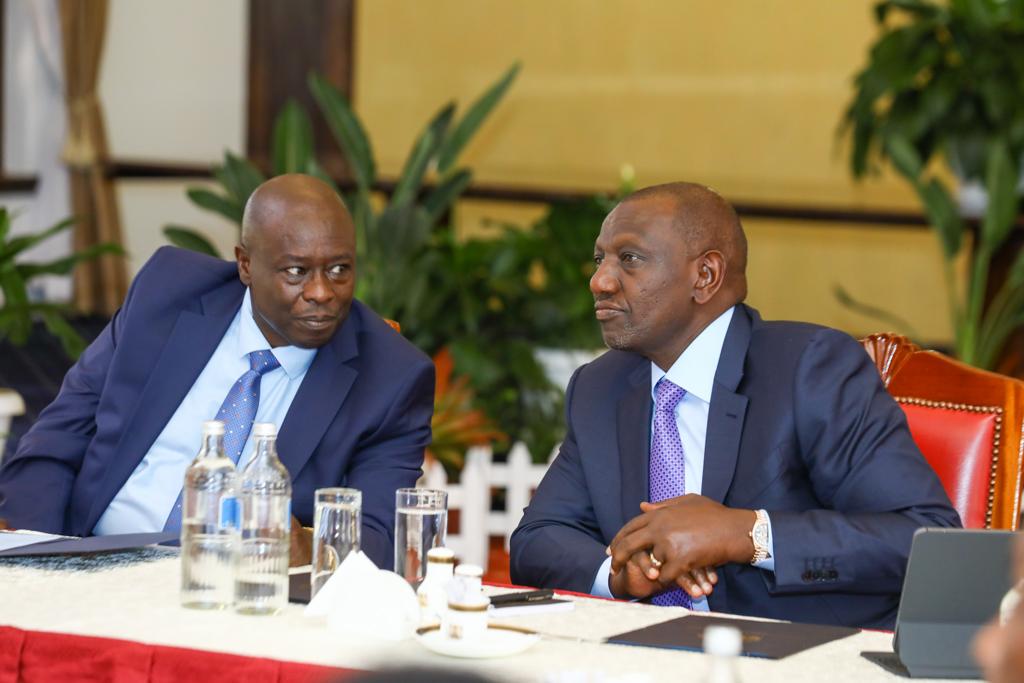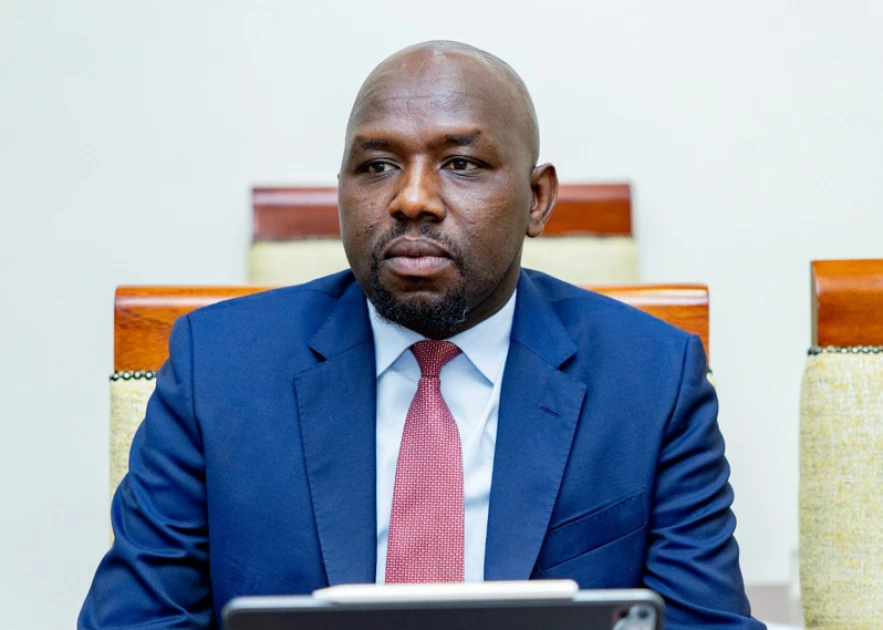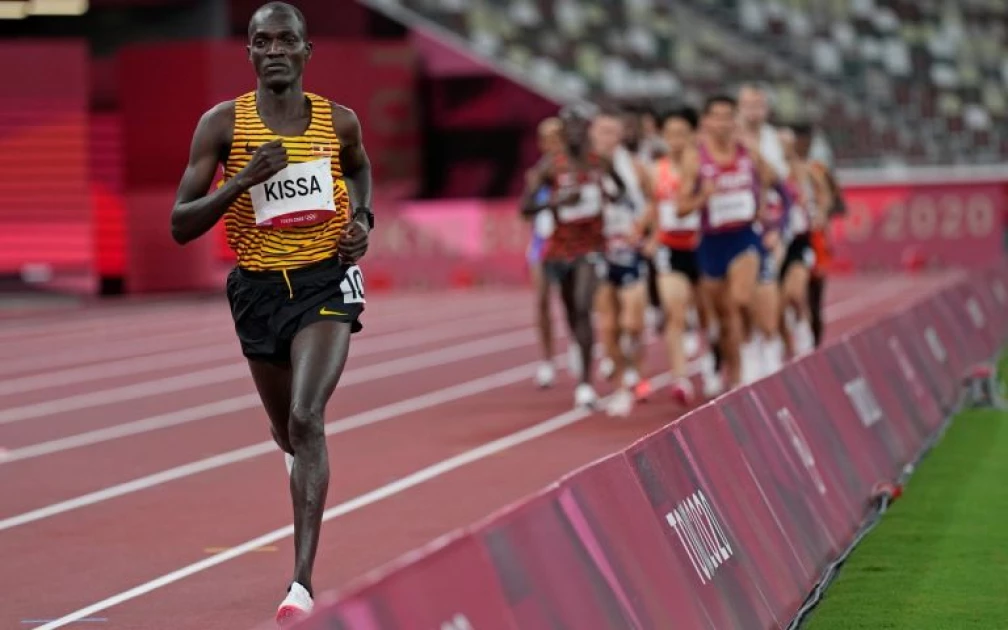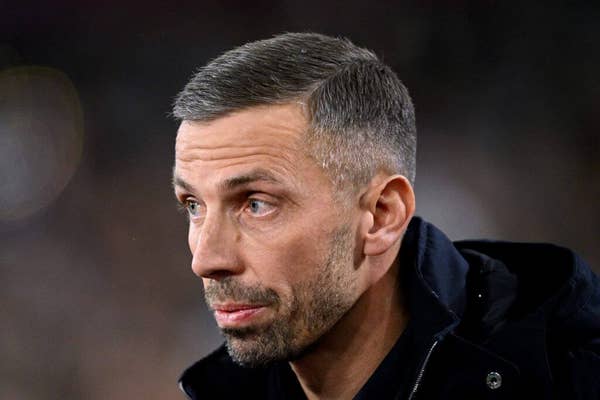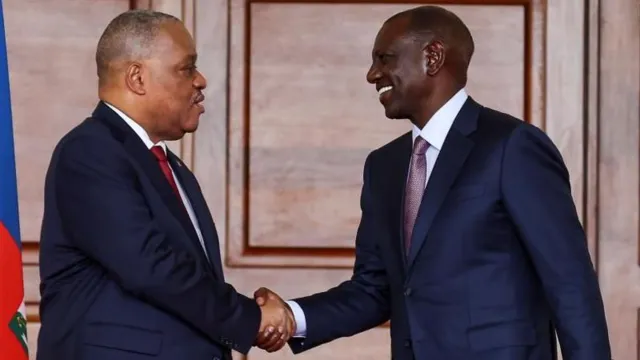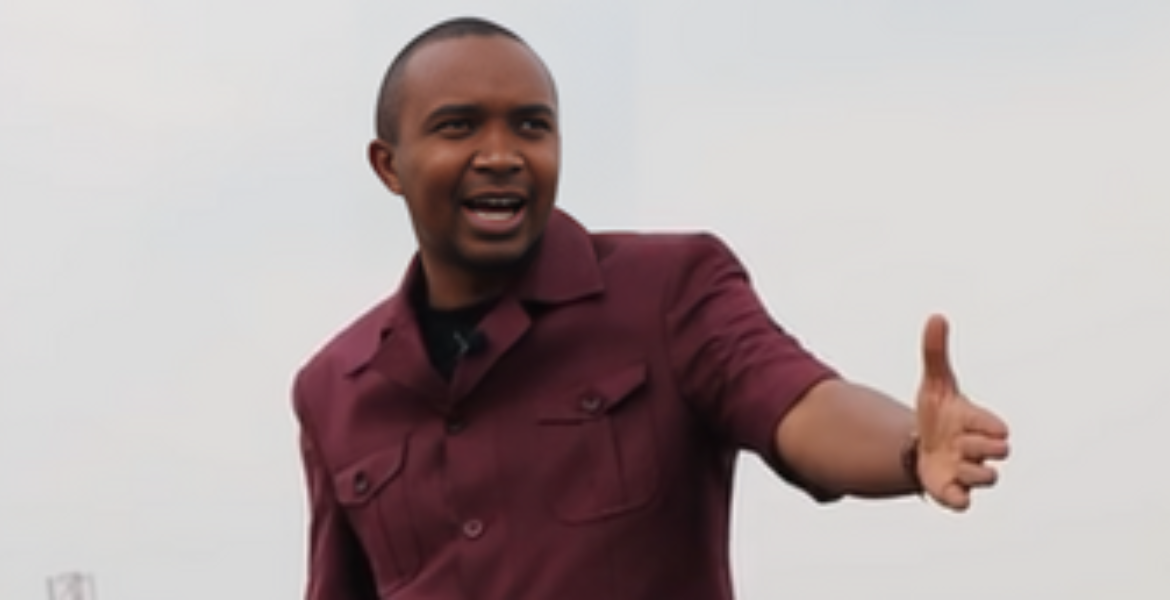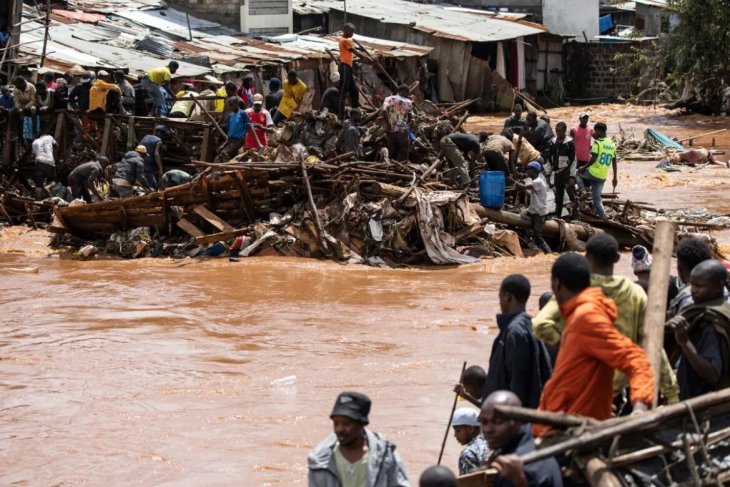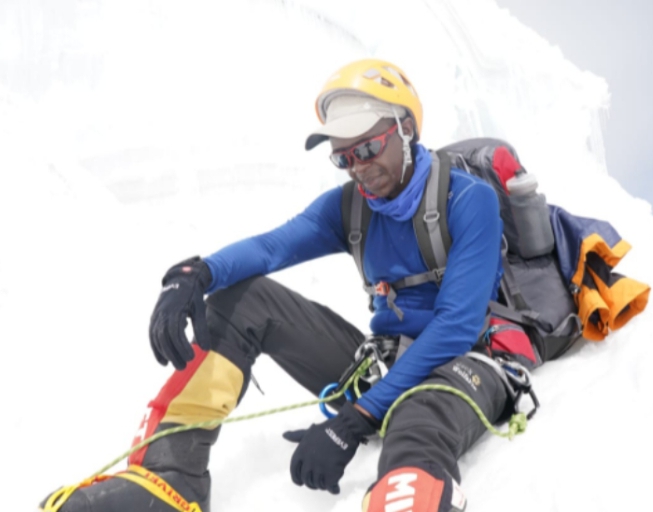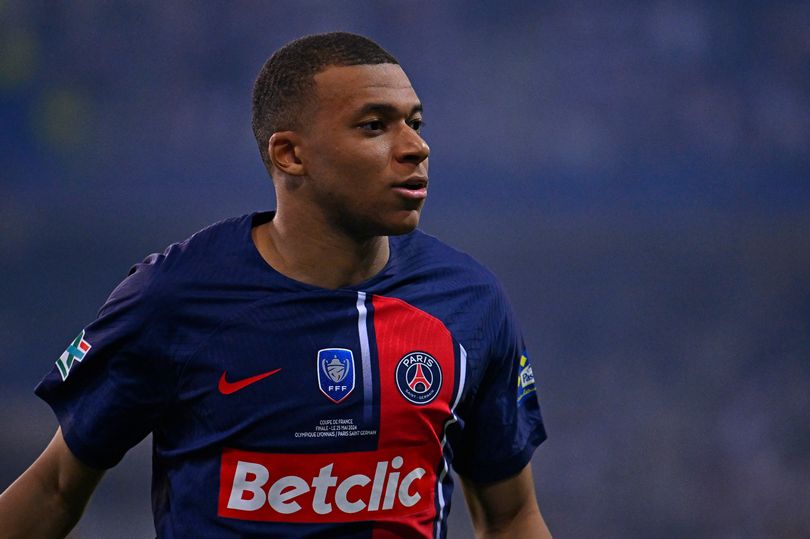Senegal’s newly elected president Bassirou Diomaye Faye was sworn in onTuesday.
The new president Faye was in prison along with Ousmane Sonko his mentor following a political amnesty announced by outgoing President Macky Sall.
The two were released from prison less than two weeks before the March 24 election
It is the former tax inspector’s first time in elected office.
“It’s the culmination of a long struggle for democracy and the rule of law,” said Aissata Sagna, a 39-year-old factory worker who worked on Faye’s campaign.
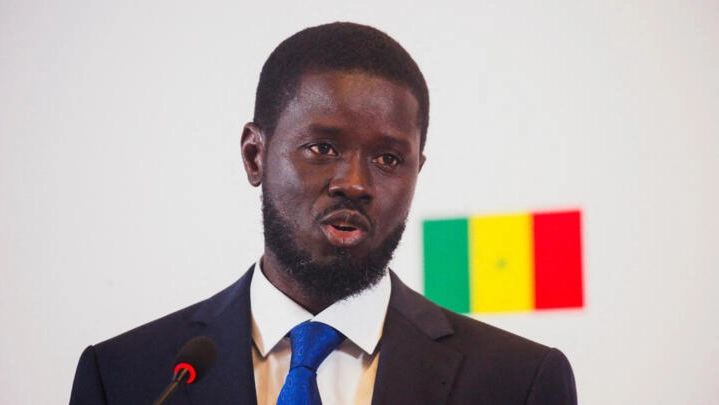
“This is a day of celebration for us, even if we have lost young people killed during the demonstrations.”
The election tested Senegal’s reputation as a stable democracy in West Africa, a region that has experienced coups and attempted coups
It followed months of unrest ignited by the arrests last year of Sonko and Faye and concerns that the president would seek a third term in office despite constitutional term limits.
A number of people were killed in the protests and about 1,000 were jailed.
Faye,44, who is the youngest president to be elected in Senegal campaigned on promises to clean up corruption and better manage the country’s natural resources
President Faye promised to address the issue of unemployment among young people who are forced to travel abroad and work in environments that are not conducive.
Unemployment is common in many Africa home to the world’s youngest population, where a number of leaders have clung to power for decades.
In his first speech as president-elect, Faye promised to fight corruption and reform the economy.
The new president is a Muslim from a small town in Senegal.
Faye has two wives, both of whom were present on Tuesday during his inauguration
He released a declaration of his assets before the elections to show transparency and called on other candidates to do the same.
It listed a home in Dakar and land outside the capital and in his hometown. His bank accounts totaled roughly $6,600.
“I think the first challenge is the formation of his (Faye’s) government,” said Alioune Tine, founder of the Senegalese think tank Afrikajom Center.
“This will be the first concrete message he sends to the Senegalese people. The size, diversity and profiles will be analyzed with a fine-tooth comb, to see if they meet the demand for a break with the past.”
The new president was little known until Sonko, a popular opposition figure who came third in the previous election in 2019, named him to run in his place after being barred from the election for a prior conviction.
Outgoing president was eliminated for running for a third term, he then abruptly postponed the election in February with only weeks to go, triggering another wave of protests.
The move was blocked by the country’s constitutional court and the election was eventually held weeks later in March.


